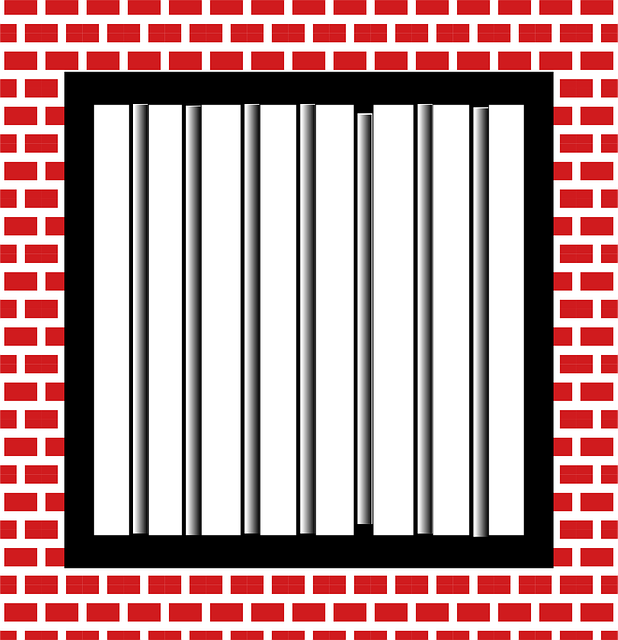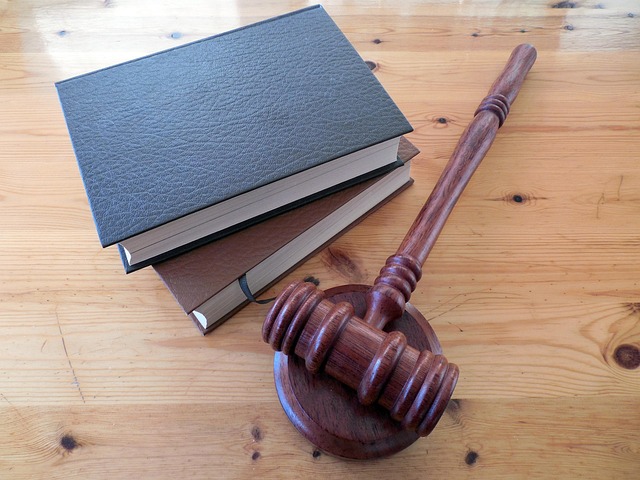Consumer Protection Laws safeguard individuals from unethical business practices, ensuring safety, truth in advertising, fair pricing, and contract terms. Breach of contract lawsuits involve structured legal processes with critical steps like filing a complaint, response, settlement negotiations, discovery, trial, and verdict. The high cost of litigating, including attorney fees, court costs, and lost income, can be prohibitive for smaller entities, hindering justice pursuit or defense against unfounded claims. These cases may lead to reputation damage, strained partnerships, market disruptions, and time-consuming jury trials, exacerbating economic strain on all parties involved.
Consumer protection suits play a vital role in safeguarding individuals from unfair business practices. This article delves into the intricate world of consumer rights, focusing on breach of contract cases. We explore the legal framework, from understanding applicable laws to navigating the complex process. Furthermore, we analyze the significant financial burden associated with litigating these cases, providing insights into the costs involved. By examining these aspects, consumers can better appreciate their rights and potential challenges when pursuing justice.
- Understanding Consumer Protection Laws and Their Reach
- Navigating the Legal Process: Steps in a Breach of Contract Suit
- The Financial Burden: Cost of Litigating Breach of Contract Cases
Understanding Consumer Protection Laws and Their Reach

Consumer Protection Laws are designed to safeguard individuals from unfair practices and ensure a level playing field when making purchases. These laws cover a wide range of issues, from product safety and truth in advertising to fair pricing and contract terms. Understanding these regulations is crucial for both consumers and businesses alike, as it empowers buyers to make informed decisions and holds sellers accountable for their actions.
When a breach of contract or consumer rights occurs, the potential cost of litigating can be significant. From legal fees to court expenses, the financial burden can weigh heavily on individuals and even lead to complete dismissal of all charges for those who cannot afford it. This not only impacts corporate clients but also individual consumers, emphasizing the need for clear communication and ethical business practices to avoid indictment and maintain trust in the marketplace.
Navigating the Legal Process: Steps in a Breach of Contract Suit

Navigating the legal process in a breach of contract suit involves several key steps. Initially, the plaintiff must file a complaint detailing the breach and seeking damages or specific performance. This document outlines the allegations against the defendant, including any financial losses or harm incurred due to the breach. Once served, the defendant has a set period to respond, either admitting or denying the claims, which can lead to negotiations for settlement. If an agreement isn’t reached, the case progresses to discovery, where both parties exchange relevant information and documents, crucial for building their case.
The trial itself involves opening statements, presentation of evidence including witness testimonies and exhibits, and closing arguments. A judge or jury then deliberates and issues a verdict based on the evidence presented. An unprecedented track record of winning challenging defense verdicts underscores the importance of competent legal representation throughout this process. The cost of litigating a breach of contract suit varies widely depending on factors such as complexity, duration, and location, but it’s vital to secure experienced counsel to ensure the best possible outcome.
The Financial Burden: Cost of Litigating Breach of Contract Cases

The cost of litigating breach of contract cases can be a significant financial burden for both corporate and individual clients. These disputes often involve complex legal arguments and extensive documentation, requiring substantial time and resources from all parties involved. The expenses incurred during litigation can include attorney fees, court costs, expert witness expenses, and the loss of business or personal income due to prolonged legal battles. For smaller businesses or individuals, these costs can be prohibitive, making it challenging to pursue justice or defend against unfounded claims.
In addition to direct financial implications, breach of contract cases often lead to indirect economic impacts. These may include damage to reputations, strained relationships with business partners, and potential market disruptions. Moreover, the prospect of lengthy jury trials further exacerbates the burden, as these processes are inherently time-consuming and costly for all participants, regardless of the outcome. Effective white collar defense strategies therefore not only aim to resolve disputes but also to minimise the financial strain on both corporate and individual clients.
Understanding consumer protection laws and navigating the legal process are essential steps in resolving breach of contract cases. While the financial burden of litigating these cases can be significant, consumers have valuable rights that deserve protection. By familiarizing themselves with the law and taking proactive measures, individuals can ensure fair practices and potentially avoid costly litigation. Remember, knowledge is a powerful tool in safeguarding one’s interests.






